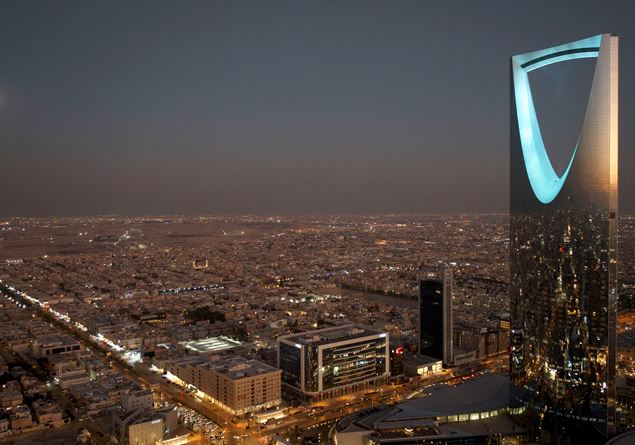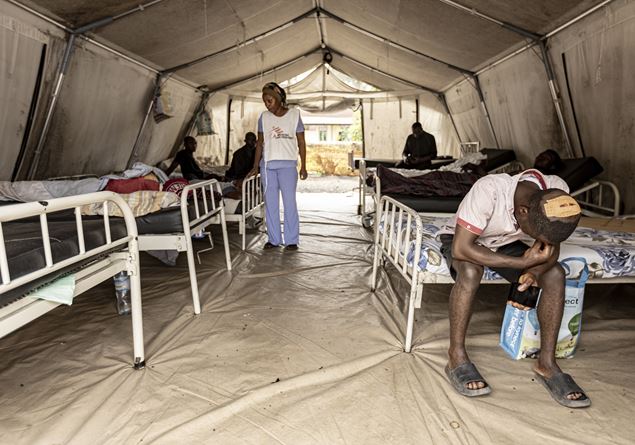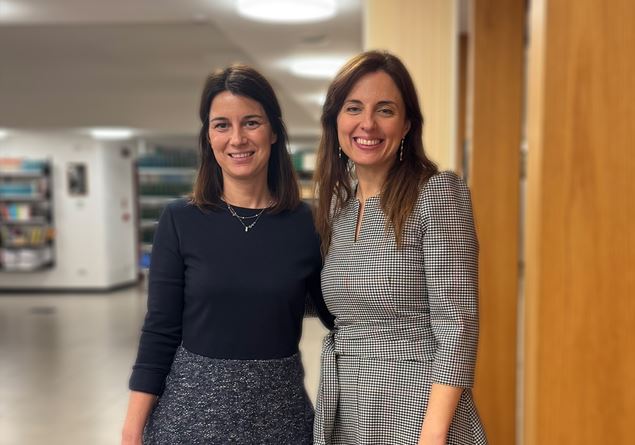
Wadi Disah, Al-Ula, Diriyah, Hisma, Tabuk, Khaybar are some places in Saudi Arabia that may still be unknown. On the other hand, on 27 September 2019 the Saudi Government introduced the electronic visa for 57 nationalities for 4 travel reasons: tourism, events, visiting relatives or pilgrimage (Umrah, i.e. minor pilgrimage). The historic significance of the decision has translated into the exorbitant surge in the growth rate (+73%) of international tourist arrivals detected by the latest report of the World Tourism Barometer of the United Nations, which places Saudi Arabia as the best performing G20 country in the first seven months of 2024. The country has invested 800 billion in tourism so far.
Positioning itself as a place of cultural exchange between the West and the Islamic world, the Oasis International Foundation, founded in 2004 on the initiative of Cardinal Angelo Scola, takes up with great interest the challenge/opportunity offered by the largest Arab state in Western Asia. Starting from 2025 he decides to combine research projects with the organization of trips to places that still mark the history of Arab culture today. Knowing Islam more closely and discovering the cultural and religious reality of the place constitute, in fact, the horizon of travel accompanied by the presence of Oasis researchers. In fact, by leveraging consolidated relationships with the Islamic world, contexts that would otherwise be difficult for the individual tourist or observer to approach will be made accessible.
The trip to Saudi Arabia, from 17 to 26 February 2025, will therefore be only the first of the trips that the Oasis Foundation, thanks to a partnership with Duomo Travel & Tourismreference agency of the Diocese of Milan, will be able to offer. Next destinations are Morocco and the United Arab Emirates, where you will also be given the opportunity to meet the Christian communities who live in these countries.
On the side of the itinerary studied for the visit to Saudi Arabia, after the first day dedicated to the trip, two whole days will be dedicated to the capital, including, among other things, the great al-Rahji mosque and the historic Murabba Palace, first seat of the royal family.
There road map it also includes a move to Diriyah, the capital of the First Saudi Emirate, where al-Turaif, a UNESCO site made of sun-baked bricks, is located. The third day ends with the flight to Tabuk, a city located in Northern Arabia, home to the Al-Tawba Mosque, i.e. the Mosque of Repentance. The next morning (fourth day) is dedicated to the excursion into the Wadi Rum desert and, subsequently, the visit to the oases and Mount Shaddad where Arabic and Nabataean inscriptions can be admired.
Wadi Disah is, however, the valley in the province of Tabuk characterized by red mountains and oases that can be reached on the fifth day. From here, we continue towards Al-Ula, the Nabataean city founded in the 6th century BC and the resting place of Muhammad during his campaign in 630 against Tabuk itself. Al-Ula is located south of Petra on the caravan route of the Incense Road, which led from Yemen to Petra and from there to the Mediterranean. The al-Ula stop also allows visitors to reach Hegra, a UNESCO World Heritage Site and an important Nabataean archaeological site. The seventh day itinerary includes a visit to Khaybar, an archaeological site and important trade centre, from which we continue to Medina, the holy city for Islam (the most important after Mecca), with a stop in front of the Mosque of the Prophet Muhammad . The central core of the structure is built around the tombs of the Prophet. Non-Muslims are prohibited from entering the mosque. The seventh day ends on the fast train to Jeddah, originally a fishing village, which has become the second largest city in Saudi Arabia and the first commercial port on the Red Sea. The following day (the eighth) will be spent entirely in Jeddah, to see, among other things, al-Makkiah, private residence of the architect and historian Sami Angawi, a cultural center recognized worldwide. In the afternoon we will cross al-Balad, the old city abandoned in the early 1970s.
The Oasis International Foundation – founded by Cardinal Angelo Scola studies contemporary Muslim societies, with particular attention to their religious dimension, but through a transdisciplinary approach that aims to bring out the public relevance of religion and the cultural, social and political implications of meeting between the Islamic world and the West. The life and history of Christian communities in Muslim-majority countries also occupy a privileged place in Oasis’ work. Oasis was born in 2004 on the initiative of Cardinal Angelo Scola, and was established as an independent Foundation in 2009.









